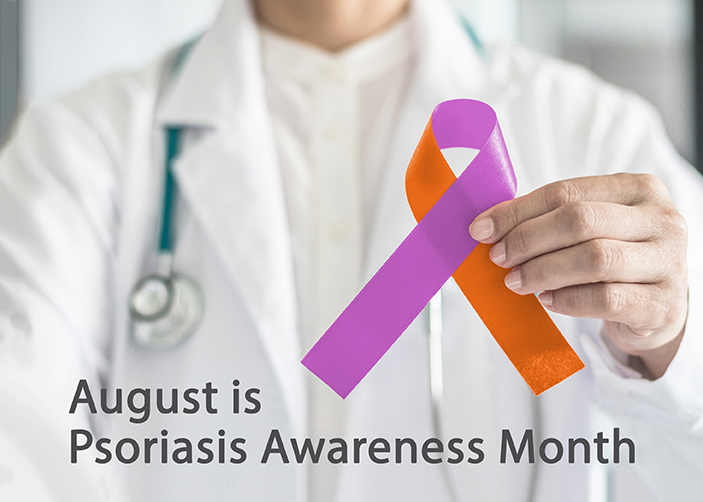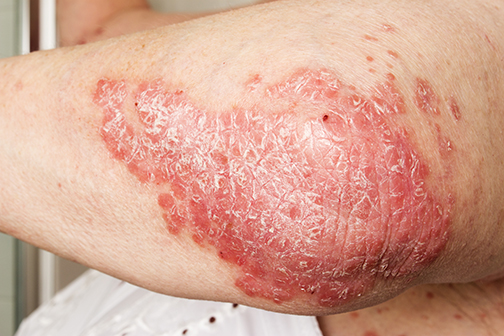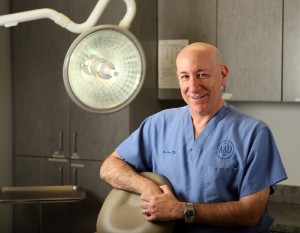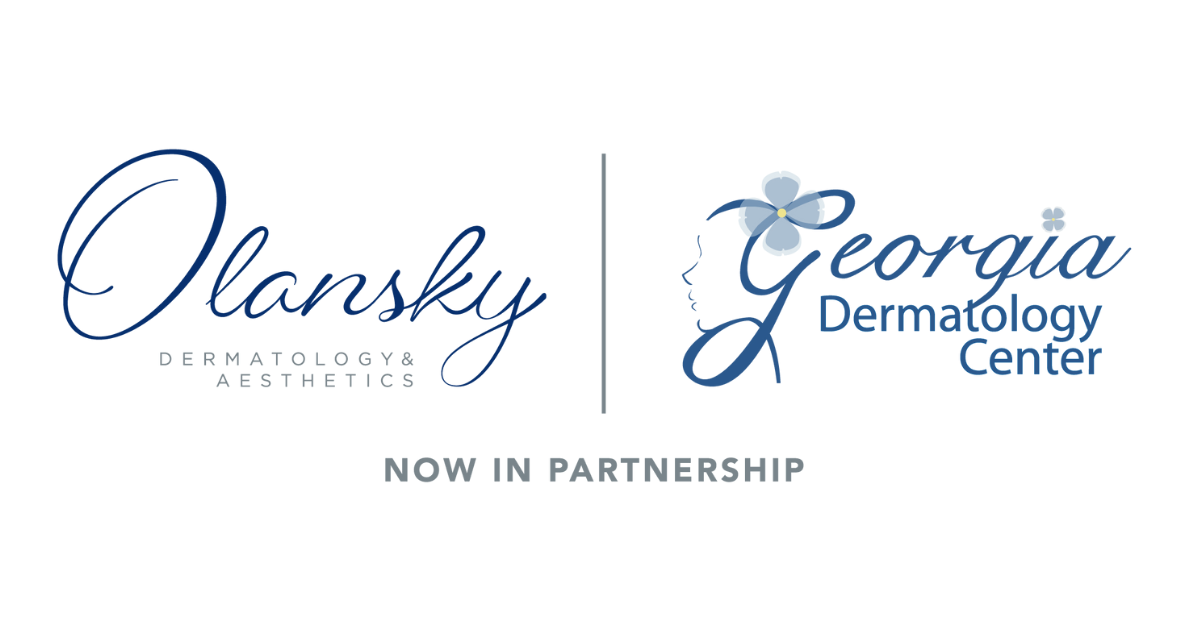August: Psoriasis Awareness Month
 Psoriasis Awareness Month
Psoriasis Awareness Month
Every year in August the National Psoriasis Foundation (NPF) dedicates their time and energy to raise awareness about the disease. Psoriasis Awareness Month is about educating the public, eliminating myths and offering sound advice.
Overview
Psoriasis is a noncontagious yet chronic and long-lasting autoimmune disease that affects the skin. It is characterized by blotches of abnormal skin that is typically scaly, red and itchy. The patches can be small or they can cover the entire body. Sometimes an injury to the skin can actually cause psoriatic skin changes to the injured area known as the Koebner phenomenon.
Various Types
 Basically, there are five types of psoriasis – plaque, inverse, pustular, guttate and erythrodermic. The most common type is plaque psoriasis or psoriasis vulgaris. According to the American Academy of Dermatology, 80 to 90 percent of people with psoriasis have this type. Plaque psoriasis is recognized by its red patches topped with white scales. The most affected areas are the scalp, shins, back of the forearms and navel area. Inverse psoriasis is characterized by red patches in the folds of the skin. Pustular is composed of small pus-filled blisters that are non-infectious. Guttate is identified by drop-shaped lesions. And erythrodermic happens when the rash is extensive.
Basically, there are five types of psoriasis – plaque, inverse, pustular, guttate and erythrodermic. The most common type is plaque psoriasis or psoriasis vulgaris. According to the American Academy of Dermatology, 80 to 90 percent of people with psoriasis have this type. Plaque psoriasis is recognized by its red patches topped with white scales. The most affected areas are the scalp, shins, back of the forearms and navel area. Inverse psoriasis is characterized by red patches in the folds of the skin. Pustular is composed of small pus-filled blisters that are non-infectious. Guttate is identified by drop-shaped lesions. And erythrodermic happens when the rash is extensive.
In addition, the majority of people with this disease generally develop conditions in their toenails and fingernails such as nail discoloration.
Psoriatic Arthritis
Psoriatic arthritis is a painful arthritis condition that causes inflammation of the tendons and joints. Conferring to WebMD, roughly 10% to 30% of people with psoriasis develop psoriatic arthritis, both men and woman equally. Psoriatic arthritis can expound at any age the most ages are between 30 and 50. Although the causes are unknown, generics and a weakened immune system are a big factor in developing this disease. Moreover, about 30 percent of people with the disease also develop psoriatic arthritis.
Triggers
Generally, people who contact the disease have a compromised immune system that emits false signals, which accelerate the growth of skin cells. Additionally, there is a combination of certain genes that cause psoriasis and an exposure to various triggers such as:
- Stress
- Smoking
- Cold weather
- Skin irritations
- Weakened immune system
- Certain infections like the common cold and strep throat
- Some medications like drugs to prevent malaria and high blood pressure meds (beta-blockers)
Takes a Toll on the Body
There is no known cure for psoriasis. It can be a devastating condition that affects a person both physically and emotionally. As well, the disease increases the risk of other conditions like diabetes, stroke, heart attack, heart disease, hypertension, Crohn’s disease, depression and obesity.
On the other hand, there are numerous treatment options available depending on the severity and type of psoriasis. In fact, treatment is often individualized for each person. Rendering to the NPF Medical Board, it is strongly advised to work with a specialist in order to treat the condition and prevent other health issues connected to the disease.
Georgia Dermatology Center

Alexander Gross, M.D.
Georgia Dermatology Center offers patients an expansive array of skin care services, skin cancer detection and treatment, cosmetic treatments and individualized treatment for skin conditions. Georgia Dermatology Center is comprised of an outstanding medical staff with numerous years of combined experience. For instance, Alexander Gross, M.D. has an all-embracing background in the field of medicine. Dr. Gross has earned various honors and awards like the Advocate of the Year Award (2015), the Continuing Education Award (1992, 1995, 1998, 2001, 2004, 2015), the Presidential Citation (2013) and numerous others.
The Georgia Dermatology Center is located in Cumming, GA which is north of Atlanta. They serve patients from the surrounding areas including Alpharetta, Gainesville, Suwanee, Roswell, Sandy Springs and Milton. In addition, our experienced staff can answer any questions regarding psoriasis or other skin conditions.
Note: This article is not meant as a replacement for professional medical advice. If you have any questions or concerns about any skin conditions, make an appointment with Alexander Gross, M.D. at Georgia Dermatology Center.
© 2018 Georgia Dermatology Center. All rights reserved.












